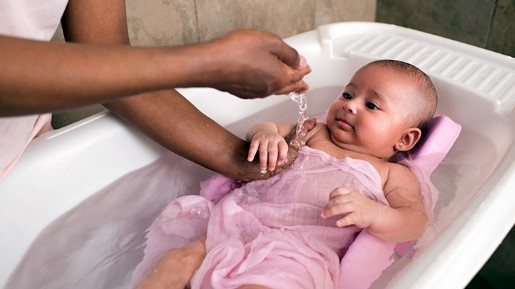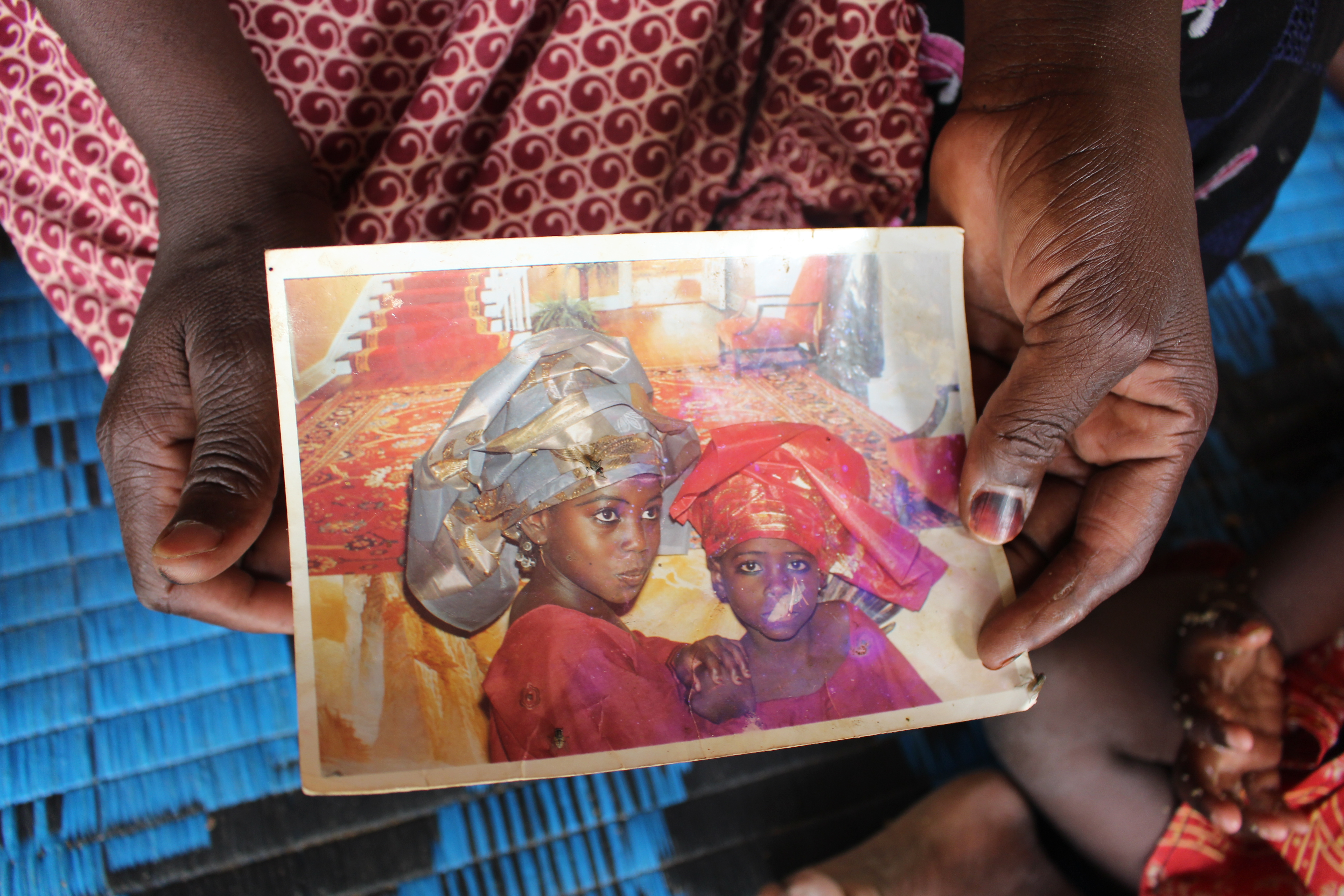The practice is prevalent in Oko Baba destitute home in Ebute Metta, Lagos. Neonates, delivered by untrained birth attendants who are usually older women in the community, are bathed using a cloth dipped in hot water.
It is a practice that has existed as long as the community. The babies are cleaned and massaged that way to “clean the mother’s blood of the baby and give the baby a nice figure,” the second wife (she would not give her name) of a translator, Isa Ali, said.
Ali’s wife said her four children were bathed that way and they are alive and healthy. “That is how we bathe babies here,” she said. “We clean the blood away and massage the baby’s body.”
This practice, while common in communities where births are overseen by untrained attendants, is unsafe and has no medical advantage.
Advertisement
“It (bathing babies with hot water) is not a practice has any medical advantage,” Titilayo Adesanmi, paediatric consultant, Life Fort children hospital in Surulere, told TheCable.
In fact, Adesanmi said bathing newborn babies is not a priority for healthcare practitioners and even trained birth attendants.
“Giving a child is bath is not priority because with cold water, the baby might lose body heat and hot water can cause burns because the baby’s skin surface is not like an adult,” she said.
Advertisement
“We don’t give baths routinely. We want to be sure that the baby is stable, and breathing normally, we want to be sure that the pulse is normal.”
Adesanmi said newborns mostly do not take baths until nearly 24 hours after they are born. And when the babies are eventually bathed, it is with water that is not much different from the baby’s body temperature, not hot water.
She said this is an old practice that no longer holds sway, especially in Lagos where traditional birth attendants are being routinely trained by the state ministry of health and the society for obstetricians and gynaecologists.
Several traditional birth attendants told this reporter that babies are not bathed immediately after delivery.
Advertisement
But in reality, there are extremely poor communities like the destitute home in Ebute Metta, where births are overseen by untrained people who rely on practices handed to them.
As Ali’ wife said, “the practice will go on. It keeps the baby warm and we have been doing it this way. Only God can protect babies”.
But Adesanmi insists that the method is dangerous, with an accident likely to occur.
Advertisement






